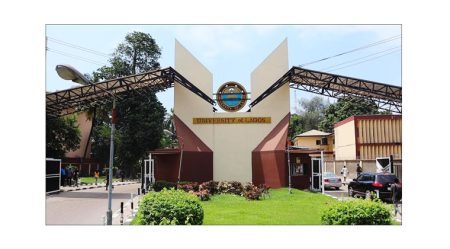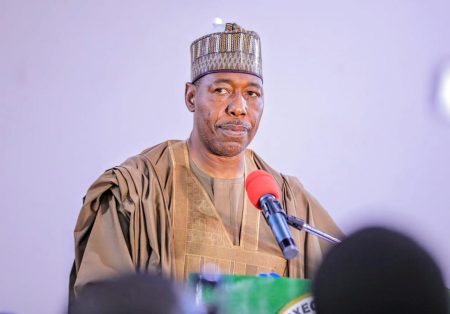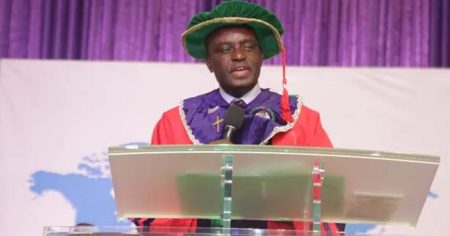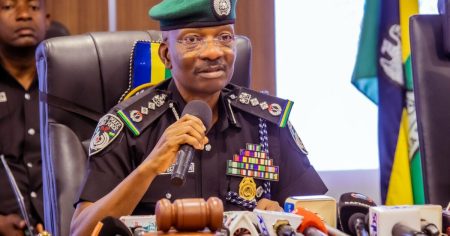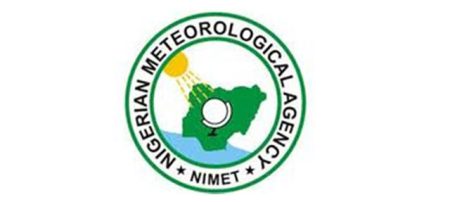Kwame A Plus, a Ghanaian Member of Parliament, has issued a potent call to the New Patriotic Party (NPP) to formally recognize Kwame Nkrumah as the sole founder of modern Ghana. A Plus argues that the NPP’s persistent refusal to acknowledge this historical reality is a key factor contributing to the party’s declining political fortunes. He contends that Nkrumah’s enduring legacy is undeniable and that the NPP’s future hinges on accepting this truth and affording Nkrumah the respect he deserves. This appeal, delivered via social media, comes on the heels of a successful NPP Congress, which A Plus ironically congratulated while simultaneously pointing out a critical spiritual oversight: the party’s failure to properly honor Nkrumah.
A Plus underscores Nkrumah’s significant contributions by highlighting the visionary leader’s establishment of key institutions in his constituency, including the Pomadze Poultry Farm, a feed mill, a seed company, a hatchery, an animal husbandry center, and educational institutions like the Kwame Nkrumah Ideological Institute and the Specialist Training College. These initiatives demonstrate Nkrumah’s foresight and dedication to Ghana’s development, a legacy A Plus believes the NPP should embrace rather than ignore. He draws a parallel between Nkrumah’s lasting impact and the ongoing work of these institutions, suggesting that Nkrumah’s vision continues to shape modern Ghana.
In his statement, A Plus invokes a spiritual dimension, portraying Nkrumah not simply as a historical figure, but as a potent, enduring spirit that demands recognition. He positions Nkrumah as a force akin to a deity, suggesting that the NPP’s perceived disregard for Nkrumah has incurred a spiritual debt that is hindering the party’s progress. He further emphasizes this spiritual connection by drawing parallels between Nkrumah and biblical figures, and by proclaiming that Nkrumah “never dies” but rather periodically “returns” in the form of other influential leaders, like Ibrahim Traoré in Burkina Faso and, more pertinently for Ghana, John Dramani Mahama. He frames Mahama as a vessel for Nkrumah’s spirit, implying that Mahama’s leadership embodies the same visionary qualities that defined Nkrumah’s era.
A Plus then strengthens his argument by linking the neglect of Nkrumah’s legacy directly to the NPP’s political setbacks. He asserts that no political party can thrive while actively diminishing or disrespecting Nkrumah’s contributions. He views the acknowledgment of Nkrumah not merely as a historical matter, but as a spiritual imperative for political success in Ghana. This intertwining of the political and spiritual realms reinforces the gravity of his message to the NPP, highlighting the potential consequences of their perceived oversight. He maintains that honoring Nkrumah is not simply a gesture of respect but a prerequisite for political prosperity.
To reinforce his point, A Plus acknowledges the contributions of other figures in Ghana’s independence struggle, mentioning J.B. Danquah specifically, but insists that there is ultimately only one founder: Kwame Nkrumah. He equates Nkrumah to other revered founding figures of nations like Julius Nyerere of Tanzania, Ahmed Sékou Touré of Guinea, Muhammad Ali of Egypt, and Dom Pedro I of Brazil, arguing that Nkrumah deserves the same level of national reverence. This comparison elevates Nkrumah to a pan-African and global scale, emphasizing his significance not just within Ghana, but in the broader context of national liberation and nation-building.
Finally, A Plus dismisses symbolic gestures such as building monuments and renovating the Kwame Nkrumah Museum as inadequate unless they accompany the full acceptance of Nkrumah as Ghana’s sole founding father. He emphasizes the importance of grammatical precision, highlighting the singular possessive “Founder’s Day” as the only acceptable term. This detail further underscores his demand for unequivocal recognition of Nkrumah’s singular role. He concludes by reiterating his conviction that Nkrumah’s influence transcends physical existence, echoing his earlier point that Nkrumah’s spirit continues to shape Ghana’s political landscape. This closing statement reinforces his central message: recognizing Nkrumah is not just about historical accuracy, but about aligning with a powerful, enduring force.









